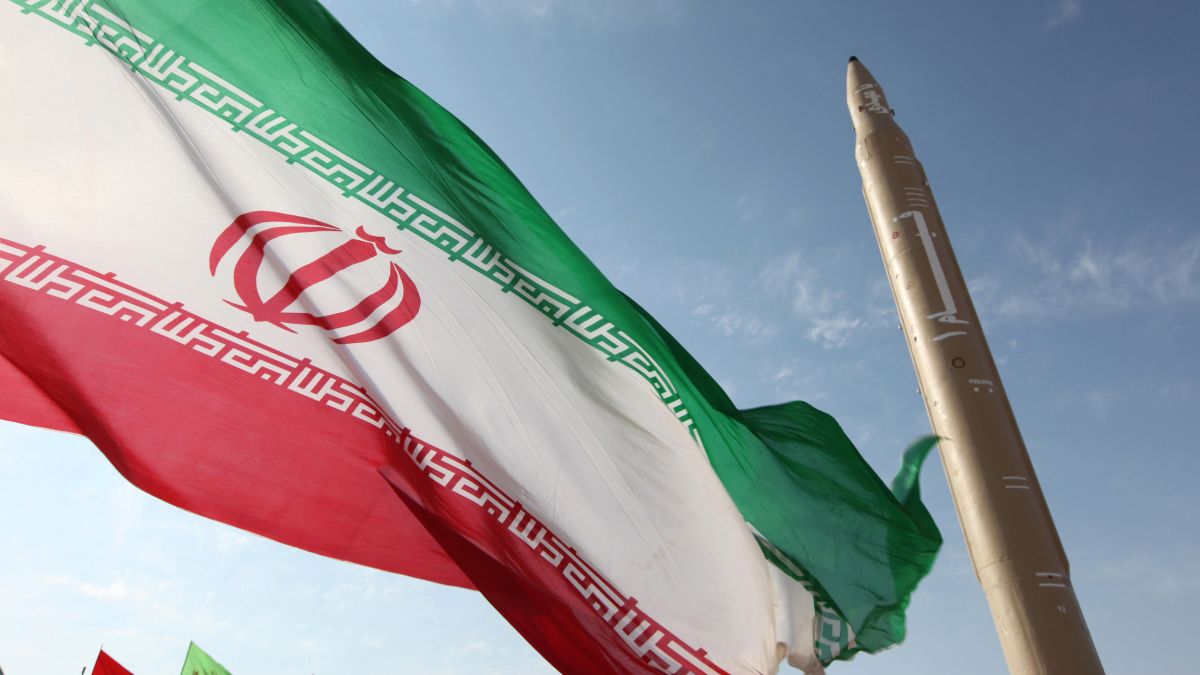Iran Limits Crypto Trading Hours After Politically Charged Hack on Nobitex
20.06.2025 11:00 1 min. read Alexander Stefanov
Iranian authorities have imposed new restrictions on domestic cryptocurrency exchanges following a large-scale cyberattack on Nobitex, the country’s leading trading platform.
Under the new directive from the Central Bank, exchanges may now operate only between 10:00 a.m. and 8:00 p.m.
The move comes in the aftermath of a major security breach that resulted in the loss of over $90 million in digital assets from Nobitex. The attack was claimed by pro-Israeli hacker group Gonjeshke Darande—also known as Predatory Sparrow—who publicly took responsibility and threatened to leak the exchange’s internal data and source code.
Rather than redirecting the stolen assets for personal gain, the hackers reportedly “burned” the funds by sending them to inaccessible wallets, some of which carried anti-Iranian Revolutionary Guard messages. Cybersecurity analysts say the attack appears to have been politically motivated.
Blockchain firms Elliptic and Chainalysis both confirmed the destruction of the assets, linking the incident to a broader pattern of cyber offensives surfacing during periods of tension between Iran and Israel. Just a day before the Nobitex breach, the same hacker group targeted Iran’s Bank Sepah.
The newly imposed trading curfew underscores growing concerns within Iran’s financial system about digital asset security and the geopolitical consequences of cyberwarfare.
-
1
FBI Seizes $17M in Crypto as Major Dark Web Marketplace Collapses
05.06.2025 22:00 1 min. read -
2
Nevada Man Jailed for Multimillion-Dollar Scheme Involving Stolen Treasury Checks
02.06.2025 17:00 1 min. read -
3
French Police Bust Youth-Led Ring Behind Crypto Kidnap Attempts
02.06.2025 14:00 2 min. read -
4
Crypto Hacks Shift Toward Social Engineering in 2025
05.06.2025 9:00 2 min. read -
5
Crypto Investor Falls for Elaborate Social Engineering Trap
20.06.2025 17:00 2 min. read
Russia Struggles to Bring Underground Crypto Miners Into the Light Despite New Laws
Russia’s attempt to formalize its crypto mining sector is falling short, with most miners opting to remain off the books despite new regulations.
Crypto Investor Falls for Elaborate Social Engineering Trap
A well-known investor at crypto VC firm Hypersphere has fallen victim to an elaborate phishing attack that wiped out a substantial portion of his personal savings.
Celsius Founder Forfeits Bankruptcy Claims Following Prison Sentence
Alex Mashinsky, the former CEO of collapsed crypto lender Celsius, has formally withdrawn any claims to the company’s remaining assets, according to new court filings.
Paradigm Joins Legal Fight to Defend Tornado Cash Co-Founder
Venture capital firm Paradigm is stepping into the high-stakes legal battle involving Roman Storm, co-founder of crypto mixer Tornado Cash, urging the court to clearly define what it means to operate a money-transmitting business.
-
1
FBI Seizes $17M in Crypto as Major Dark Web Marketplace Collapses
05.06.2025 22:00 1 min. read -
2
Nevada Man Jailed for Multimillion-Dollar Scheme Involving Stolen Treasury Checks
02.06.2025 17:00 1 min. read -
3
French Police Bust Youth-Led Ring Behind Crypto Kidnap Attempts
02.06.2025 14:00 2 min. read -
4
Crypto Hacks Shift Toward Social Engineering in 2025
05.06.2025 9:00 2 min. read -
5
Crypto Investor Falls for Elaborate Social Engineering Trap
20.06.2025 17:00 2 min. read

